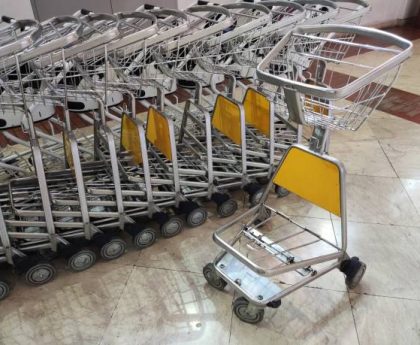Daily inspections should be made. Report and record any abnormalities including noise, bearing temperature or even vibration.
Check for debris such as sticks or stones on those suction lines. The loud, clunking or popping sounds indicate cavitation and misalignment.
Essential Pump Care
If your pump is having issues, which could mean it’s getting close to the expiration date, like low water pressure, consult a technician immediately. It could be as simple as a circuit breaker tripping or the pressure tank running empty. If the problem is addressed quickly, it will prevent the need for costly repairs.
It is important to inspect the pump on a regular basis to identify any abnormalities or damages. During these inspections, the water pump should be flushed and cleaned in order to eliminate the buildup of sediment and sand. It is important to inspect the water pump for evidence of wear and tear such as rust or cracks.
Cavitation and worn bearings can create strange sounds or vibrations in your water pump. Cavitation can cause the pump to lose efficiency and energy, as well as the lifespan of the pump is reduced. In the absence of warning signs, it could lead to further problems.
Preventional Maintenance
Pumps play a vital role in keeping the facilities operating However, if they’re not properly maintained, they could quickly fail and cost a lot of money. Performing preventative maintenance can cut down on emergency costs, such as repairs, staff and maintenance crews as well as overtime compensation, machine shut down as well as overnight delivery of parts and many more.
In order for your pump to function optimally, it is important to conduct periodic inspections. These inspections are able to detect many problems, including loud noises (squealing) as well as the slow grinding of gravel within the pump.
It is best to have an everyday regular routine, either weekly or monthly for pump maintenance. These include visual inspections and lubrication, as well as testing differential pressure and in addition to checking alignment on the shaft and re-greasing the motor bearings and ensuring the foundation and hold-down bolts are tight. Verify the bearings of the shaft to ensure that there is no pitting or scoring and ensure that there is no damage to the seals.
What are the best ways to ensure that you get the most durable water pumps
Maintenance that is preventive is the ideal option to reduce the risk of problems related to water pumps. The tasks include getting the coolant contaminated with petroleum or other products as well as checking the water tank to see if there are air pockets and inspecting the impeller blades frequently. Regularly performing these tasks helps keep the water flowing smoothly and will help you avoid costly repair costs.
Keep the pump safely in a area. In order to prevent damage inside from rust, it is essential to flush the pump’s case. Storing the pumps in a dry location is a good way to reduce the chance of the risk of corrosion.
Checking the water pump’s oil monthly is also recommended. Clean oil helps to lubricate moving parts, and can help decrease friction which could result in wear and wear and tear.
Maintenance of industrial water pumps
Pumps are what keep your facility moving and it’s easy to forget the importance of them. When a pump fails, it can cause a significant disruption to the operations of your facility.
A good checklist of maintenance is vital to ensure that your equipment operating in top condition. This will help you save the cost of repairs and costs.
The inspection of your pump for leaks, proper lubrication, wear to the drive system and vibrations, noise and may bom nuoc thai ebara electrical connection is crucial. Examine operating parameters, such as the speed, pressure differential, efficiency, voltage, and amps, to see the condition of your pump. working at its highest capacity.
Removing the wet end and replacing the seal mechanically are essential to a proper maintenance routine. This prevents excessive corrosion, and maintain the seal’s lubrication. Keep the machine in a dry location and consider storing it on blocks or pallets in order to lessen the vibrations that come from the floor and other equipment. You can store equipment directly on the floor but you should cover it up with the use of a tarp.




